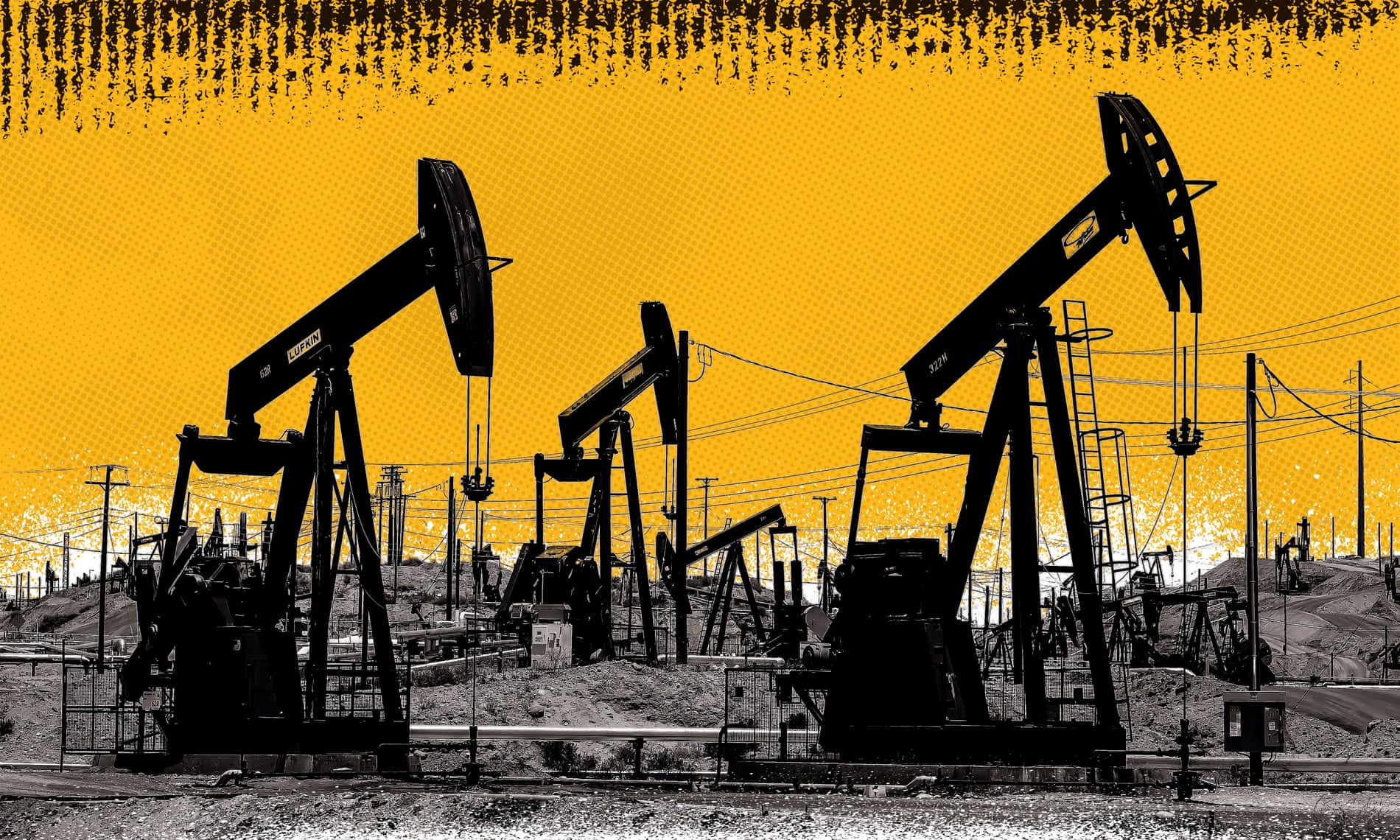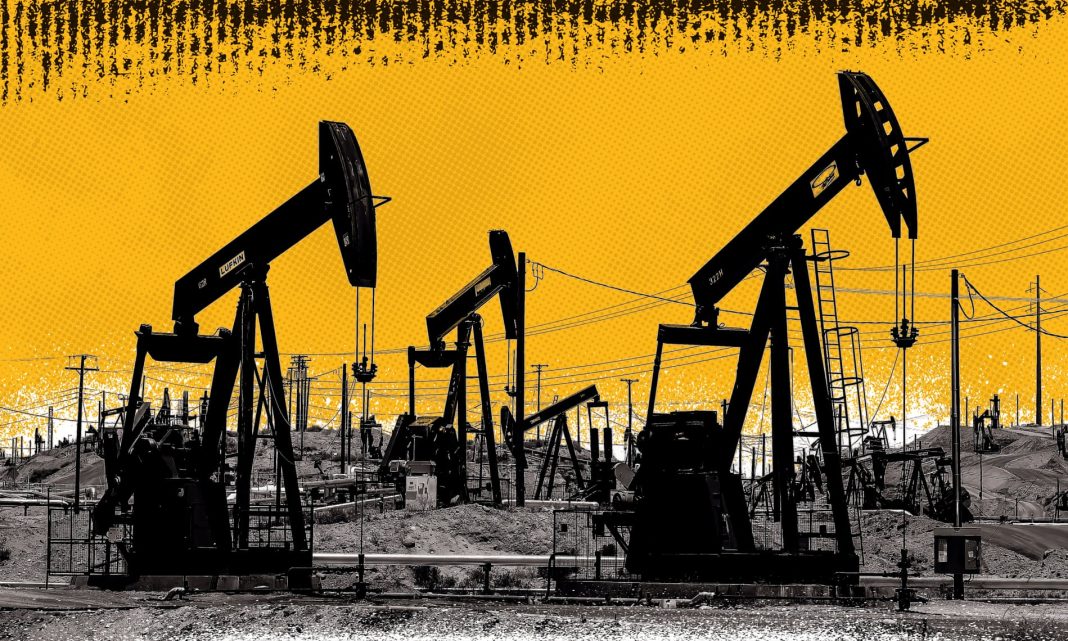 Vermont made history on Thursday by becoming the first state in the nation to pass a law that holds major fossil fuel companies accountable for the damage caused by climate change. Governor Phil Scott allowed the Climate Superfund Act to become law, although he expressed his concerns about the short- and long-term outcomes of the legislation.
Vermont made history on Thursday by becoming the first state in the nation to pass a law that holds major fossil fuel companies accountable for the damage caused by climate change. Governor Phil Scott allowed the Climate Superfund Act to become law, although he expressed his concerns about the short- and long-term outcomes of the legislation.
In a letter to the state’s General Assembly, Governor Scott acknowledged the gravity of taking on “Big Oil” and questioned whether Vermont was adequately prepared for the legal battles that would ensue. With only $600,000 allocated for an analysis that would have to withstand intense legal scrutiny, he worried that failure in a legal challenge could set a precedent and hinder other states’ ability to recover damages. However, Governor Scott also recognized the urgent need for funding to address the effects of climate change on the state.
The Climate Superfund Act aims to seek a cost recovery demand from major fossil fuel companies for their emissions produced between 1995 and 2024. The penalties imposed would be based on the impact on public health, natural resources, agriculture, economic development, housing, flood preparedness and safety, among other areas. An entity would only be assessed a cost recovery demand if it was determined by the Natural Resources Agency that its products were responsible for over one billion metric tons of covered greenhouse gas emissions.
Any cost recovery payments received by the Agency would be deposited into the Climate Superfund Cost Recovery Program Fund, which would fund climate change adaptive or resilience infrastructure projects in Vermont. This approach ensures that taxpayers are not burdened with the entire cost of climate change and that corporations responsible for the damage contribute their fair share.
The passage of this bill has been lauded by environmental advocates. Lauren Hierl, executive director of Vermont Conservation Voters, commended Vermont legislators for holding corporations accountable and preventing taxpayers from shouldering the entire burden of climate change. State Representative Martin LaLonde, chair of the House Judiciary Committee, expressed confidence in the state’s legal case, emphasizing that the costs of cleaning up the mess caused by these corporations should not be shifted onto Vermonters.
However, concerns have been raised about the legislation. The American Petroleum Institute (API) sent a letter to the Vermont House Judiciary in April, opposing the bill and suggesting that it may be unconstitutional. API contended that the legislation retroactively imposes costs and liability on past legal activities and violates equal protection and due process rights. They also argued that federal law preempts this state-level action.
The World Health Organization (WHO) has highlighted the urgency of addressing climate change. In a press release last October, the WHO stated that human behavior has significantly contributed to carbon emissions, leading to severe weather changes that contribute to humanitarian emergencies. The WHO warned that climate change could cause approximately 250,000 additional deaths per year by 2050 due to undernutrition, malaria, diarrhea, and heat stress alone.
In conclusion, Vermont’s passage of the Climate Superfund Act is a significant step towards holding major fossil fuel companies accountable for the damage caused by climate change. While Governor Scott expressed concerns about the legal challenges and potential precedent, he recognized the need for funding to address the effects of climate change. Environmental advocates praise the legislation for ensuring that corporations contribute their fair share and preventing taxpayers from bearing the entire burden. However, concerns have been raised about the constitutionality of the bill. The urgent need to address climate change has been emphasized by the World Health Organization, which warns of increasing humanitarian emergencies and additional deaths if action is not taken.


